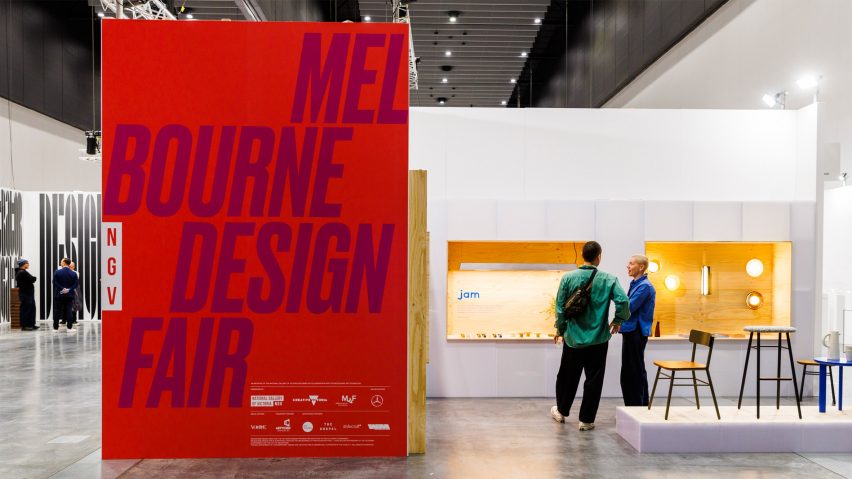
Melbourne Design Week celebrates "humor and brashness" of Australian design says Timothy Moore
This year's Melbourne Design Week has focused on bringing together diverse perspectives, festival curator Timothy Moore tells Dezeen in this interview.
Australia's largest annual international design event, Melbourne Design Week has returned for its seventh year with over 70,000 visitors expected throughout the week.
Ninety per cent of the programme content is organised by individuals, organisations, showrooms and brands not directly connected to the festival.
Moore believes this ground-up structure encourages inclusivity, allowing visitors to discover new talents.
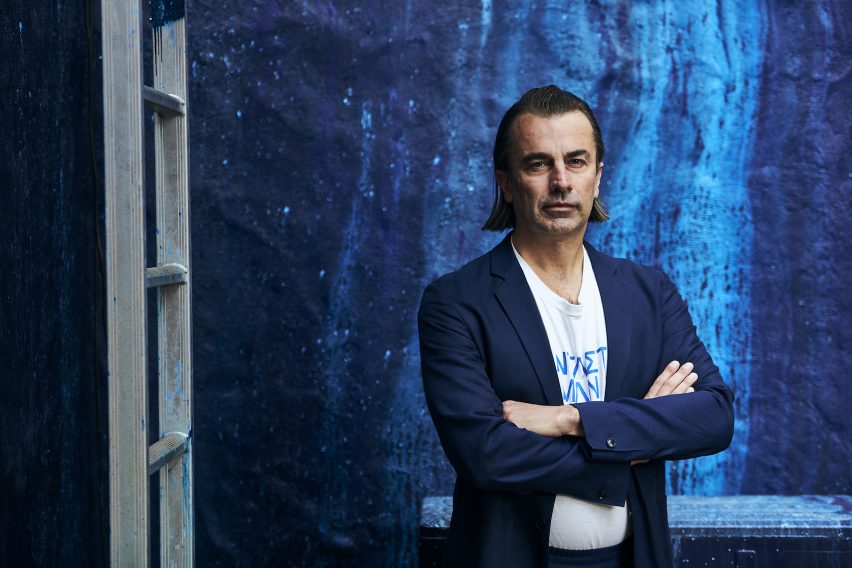
"There are lots of different narratives rather than one universal umbrella," Moore said.
"No one stands dominate among the creative practitioners. There's no one unique story to tell, there are so many different pathways for people to discover, whether it's about First Nation design and engagement, Australian design facing sustainability, or discovering the med-tech sector."
Despite this approach to the curation, Moore claims the work on show during the week is still unmistakably Australian in its outlook.
"I really like the interpretation of global trends and it lands in a unique and beautiful way in Australia," he said.
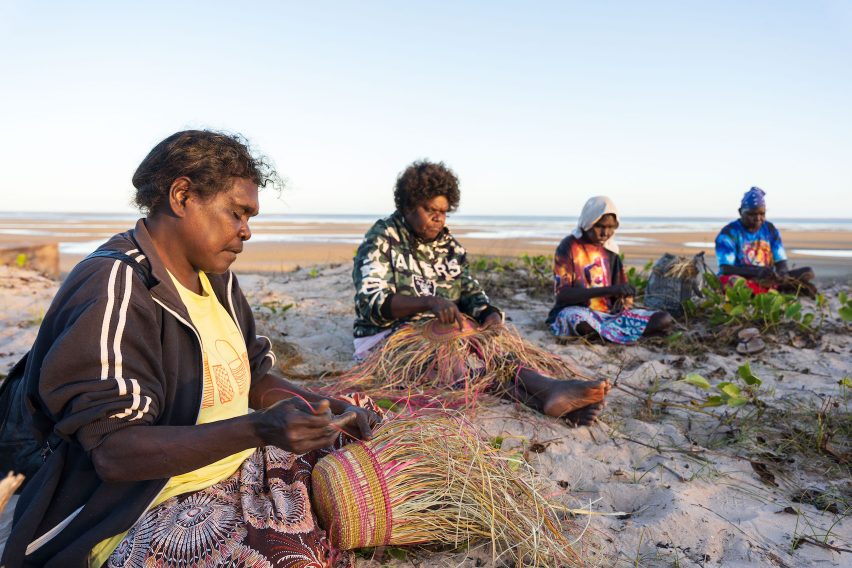
"Often you get things from overseas then you try to interpret that and it becomes something else, something special and unique," Moore added. "There's always good humour and brashness to the work."
First Nation design accounts for 10 percent of the exhibitions presented during the week.
One example is Weaving Circle, which introduced how the Numbulwar community located off the east coast of Australia's Northern Territory harvest ghost nets and reclaimed fishing nets from their shores to create sustainable woven works.
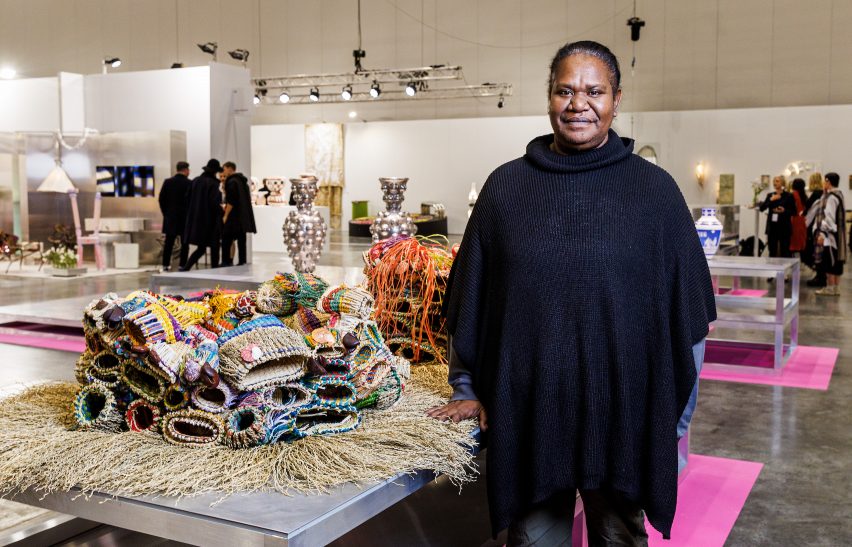
Meanwhile, the winner of the 2023 Melbourne Design Week Award is Paula Savage, a senior Mualgal artist from Moa Island in the Torres Strait.
Savage is known for her craft using the traditional material practices of her cultural heritage, including weaving, tie-dying, carving and jewelry making.
According to Moore, the programme brings the perspectives of women and people of colour into the conversation about how the world can be more sustainable and equitable.
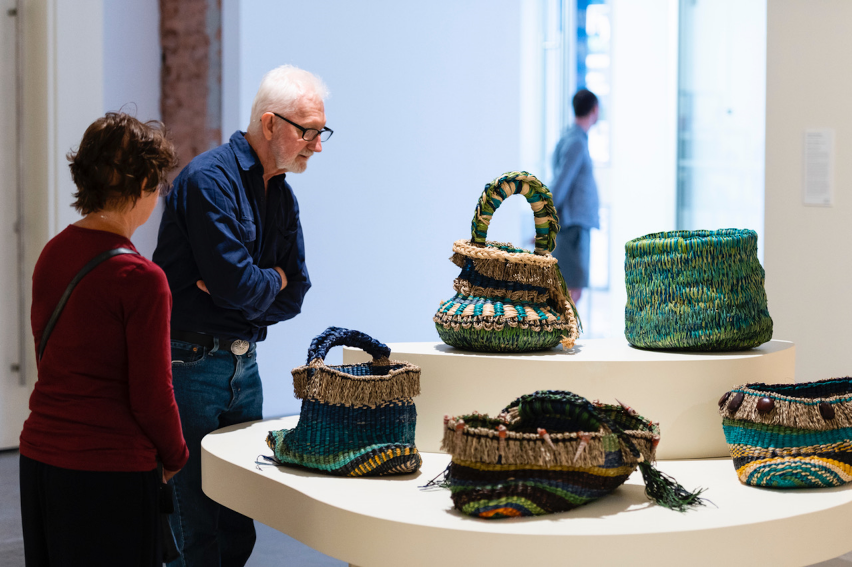
"The challenges of the 21st century will require a more inclusive, collaborative approach, one which recognises the value of the knowledge systems and cultural practices of indigenous and diverse communities who have been ignored in the preceding centuries," he said.
"In Indigenous cultures, society sits within the ecosystem of the natural world, serving as stewards and custodians to lands, territories and resources as opposed to our western model of extraction," he continued.
"We are interested in uncovering this wealth of knowledge that is the legacy of our ancestors whilst also acknowledging that we are the ancestors of future generations."
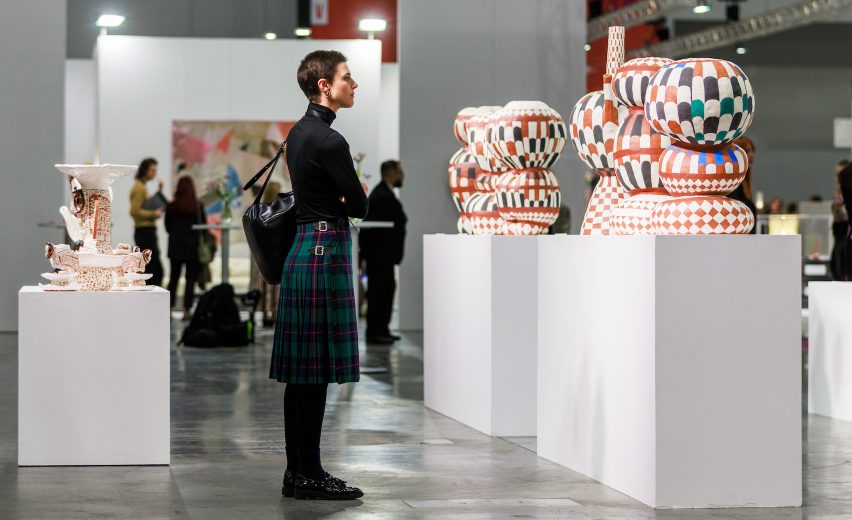
Rather than showing built projects, the curator challenged exhibitors to demonstrate their working process as much as possible, such as their sketches, notes, records and conversations they had.
"We want them to tell their design stories beyond the objects and artefacts," he explained. "We are more interested in the process and afterlife rather than the objects in the moment."
The 2023 Melbourne Design Week explores the theme of "Design The World You Want" – a call to action for designers to step up and solve global problems.
"Don't wait for the phone to ring, don't wait for the government to catch up, don't wait for your organisation to change tactics, don't wait for your clients to make a request, designers must start tackling these ethical and moral questions, such as climate change, social justice and economic equity," said Moore.
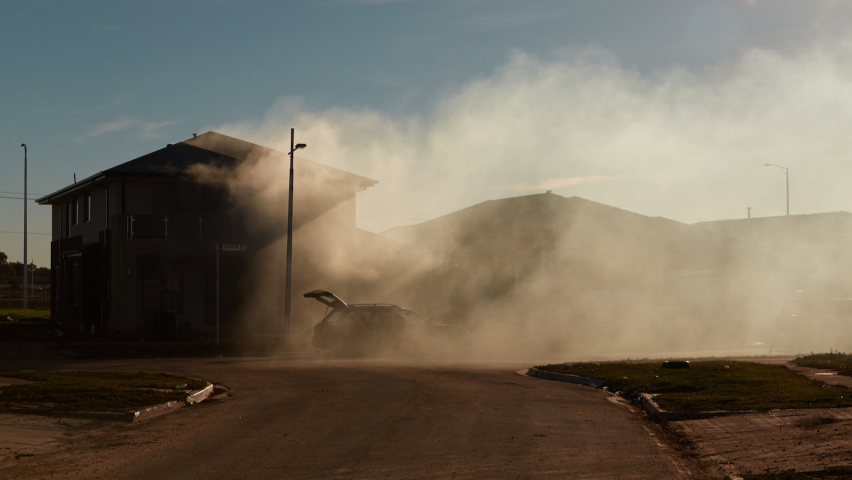
For example, content platform Assemble Papers brings together housing experts to discuss how to redesign a more equitable housing system as well as the financial shifts required, to deliver well-designed, economically sustainable and climate-crisis ready homes for all.
To limit the festival's environmental impact, building materials stored from last year's Melbourne Design Week have been reused to create exhibitions and installations at this year's event.
Looking forward, Moore intends for Melbourne Design Week to grow international engagement with cities in south east and east Asia in order to strengthen the inter-cultural relationships.
Melbourne Design Week will take place throughout Melbourne from 18-28 May 2023. For more information about events, exhibitions and talks, visit Dezeen Events Guide.
The photography is by Aaron Francis unless otherwise stated.